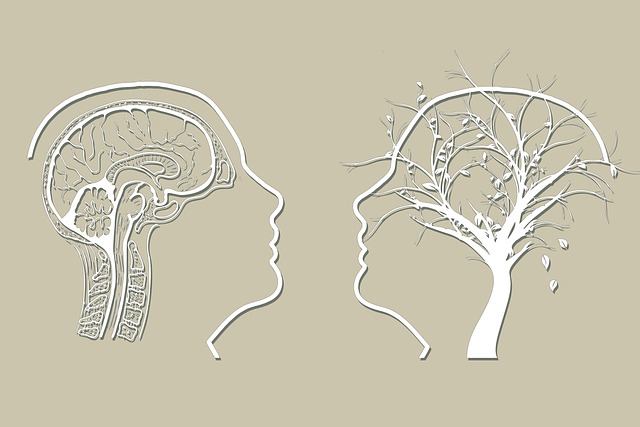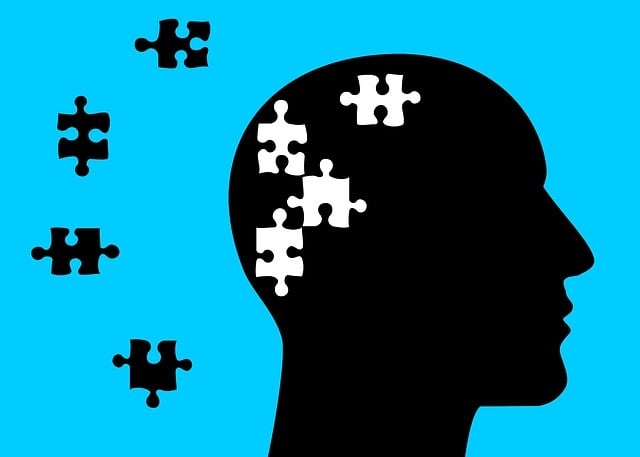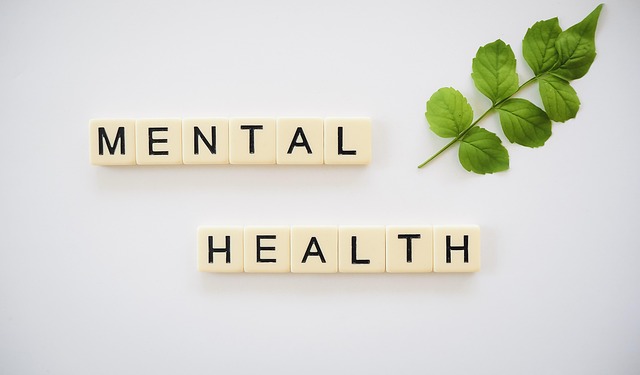Arvada Blended Families Therapy addresses unique challenges faced by blended families, focusing on mental wellness through open communication, stress management, and tailored support. This multi-faceted approach equips family members with tools to navigate complex dynamics, improve relationships, and develop healthier coping mechanisms, ultimately enhancing overall emotional well-being.
In Arvada, blended families are on the rise, presenting unique challenges and opportunities for mental wellness. This article explores how understanding and prioritizing mental health can strengthen these dynamic households. We delve into common struggles faced by blended families, highlighting the transformative power of therapy in promoting individual well-being and fostering healthier relationships. Discover practical strategies for communication, building resilience, and creating a supportive environment that nurtures both children and adults within Arvada’s diverse blended family structures.
- Understanding Mental Wellness and Its Impact on Blended Families
- Identifying Common Challenges in Arvada Blended Households
- The Role of Therapy in Promoting Individual and Family Well-being
- Strategies for Effective Communication and Connection within Blended Families
- Building Resilience and Nurturing a Supportive Environment
Understanding Mental Wellness and Its Impact on Blended Families

In today’s fast-paced world, understanding mental wellness is more crucial than ever for Arvada blended families. Blended families often face unique challenges that can impact everyone’s emotional well-being, from adjustment issues to navigating complex communication dynamics. Mental wellness refers not just to the absence of mental illness but also to a state of thriving where individuals feel empowered and capable of dealing with life’s stressors effectively.
Promoting mental wellness in these households involves a multi-faceted approach. Effective communication strategies are essential for fostering understanding and building strong bonds between stepparents, children from previous relationships, and any new additions. Additionally, stress management techniques can help alleviate pressures that often contribute to depression prevention. Arvada blended families therapy provides a safe space to discuss these issues, offering tailored support and guidance for each family’s unique needs.
Identifying Common Challenges in Arvada Blended Households

In Arvada, blended households—families formed through divorce, remarriage, or adoption—face unique challenges that can impact mental wellness. These families often grapple with complex dynamics, such as step-parenting issues, blended sibling relationships, and adjusting to new living arrangements. The transition periods associated with these changes can be particularly stressful, leading to heightened anxiety and potential mental health concerns for all involved, including children.
Promoting mental wellness in Arvada blended families requires a comprehensive approach. Effective strategies involve individual and family therapy sessions tailored to address specific challenges. Public Awareness Campaigns Development initiatives focused on Mental Health Awareness can also play a crucial role by providing education and support networks. By fostering open communication, building coping mechanisms, and offering specialized therapies, communities in Arvada can enhance the resilience of blended households, ultimately achieving better mental health outcomes for all members.
The Role of Therapy in Promoting Individual and Family Well-being

In promoting individual and family well-being, therapy plays a pivotal role, especially within the context of Arvada Blended Families Therapy. This form of specialized care is particularly crucial for addressing the unique challenges faced by blended families, where biological and step-parents, siblings, and children from different backgrounds merge into one unit. Through tailored therapeutic sessions, family members can navigate complex emotions, improve communication, and develop healthier coping mechanisms. The process facilitates emotional healing, helping each individual process their feelings and fostering a supportive environment that strengthens the family bond.
Effective therapy goes beyond immediate relief; it equips families with long-term tools for managing potential triggers and stressors. This includes trauma support services, which are essential for processing past experiences that might impact present relationships. Additionally, risk management planning for mental health professionals is a proactive approach to ensure that both individuals and families can navigate life’s challenges while maintaining their mental wellness.
Strategies for Effective Communication and Connection within Blended Families

Blended families bring together two different sets of experiences and perspectives, which can enrich family dynamics but also present unique challenges for open and effective communication. The key to strong connections within these families lies in active listening and understanding. Therapy sessions specifically tailored for Arvada blended families can provide a safe space to address conflicts and foster meaningful conversations. Encouraging every family member to express their feelings and concerns openly, without judgment, is essential. This could involve setting aside dedicated time each week for family check-ins where everyone shares updates, discusses any difficulties, and offers support.
Additionally, incorporating practices like mindfulness meditation and cultivating a self-care routine can strengthen the inner strength of blended family members, enabling better management of stress and emotional challenges. These strategies promote mental wellness by fostering resilience, empathy, and a deeper sense of belonging within the family unit. Building strong communication skills and encouraging self-care routines can ultimately lead to more harmonious relationships and improved mental health for all involved in Arvada blended families therapy.
Building Resilience and Nurturing a Supportive Environment

Building resilience is a cornerstone of mental wellness promotion, especially within diverse communities like Arvada’s blended families. Arvada Blended Families Therapy emphasizes self-awareness exercises that empower individuals to navigate life’s challenges with adaptability and strength. Through regular practice, family members learn to recognize their emotional triggers, fostering healthier interactions and conflict resolution techniques. This proactive approach equips them to manage stress, anxiety, and potential trauma, thereby enhancing overall well-being.
Creating a supportive environment is equally vital. The therapy model encourages community outreach program implementation, where local resources and support networks are engaged. By weaving together a safety net of like-minded individuals and services, blended families in Arvada can find solace, guidance, and camaraderie. This collective effort ensures that each family member receives the necessary care and encouragement to thrive, nurturing a sense of belonging and empowerment.
In conclusion, promoting mental wellness in Arvada blended families requires a multifaceted approach. By understanding the unique challenges these households face, identifying common struggles, and leveraging therapy as a tool for individual and family healing, parents can foster effective communication, build resilience, and create a nurturing environment. These strategies, coupled with tailored support, are essential to enhancing the overall well-being of both individuals and families within blended Arvada households.














